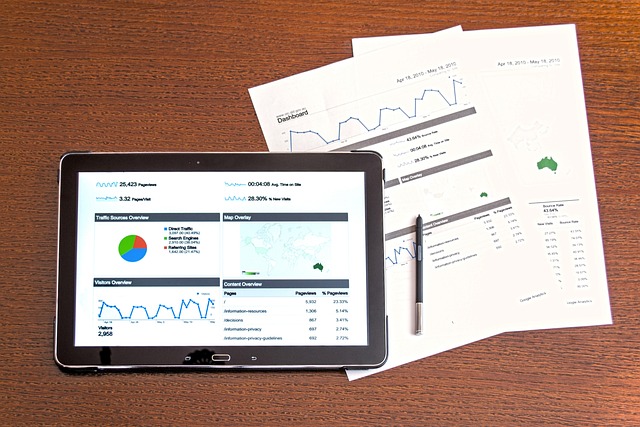AI energy efficiency audits are transforming the restaurant industry by leveraging advanced algorithms to analyze energy consumption data and identify inefficiencies. These audits, powered by smart sensors and machine learning, offer tailored solutions for cost reduction and environmental compliance. By optimizing temperature settings, ventilation, lighting, and cooking times, AI helps restaurants enhance energy efficiency, reduce costs, and minimize their carbon footprint.
“Revolutionize your restaurant’s operations with AI—the game-changer for business efficiency. This article explores how artificial intelligence is transforming the culinary landscape, focusing on AI’s role in enhancing restaurant management. We delve into the process of AI energy efficiency audits, a strategic tool to optimize costs and reduce environmental impact. By implementing these strategies, restaurants can experience improved operational efficiency, from streamlined processes to significant energy savings. Discover how AI is fostering sustainability and profitability in today’s competitive market.”
- Understanding AI's Role in Restaurant Operations
- The Process of AI Energy Efficiency Audits
- Benefits and Implementation Strategies
Understanding AI's Role in Restaurant Operations

Artificial Intelligence (AI) is transforming various industries, and the restaurant sector is no exception. By leveraging AI technologies, businesses can optimize their operations and enhance overall efficiency. One significant application is in energy management through AI-driven audits. These advanced audits analyze a restaurant’s energy consumption patterns, identifying areas of inefficiency and suggesting data-backed improvements.
AI algorithms can process vast amounts of data from various sources, including smart meters and kitchen equipment sensors. This enables them to detect anomalies, predict energy usage trends, and recommend tailored solutions for cost reduction. For instance, AI systems can optimize temperature settings in commercial kitchens, ensuring food safety while minimizing energy waste. Moreover, these audits can help restaurants comply with environmental standards and reduce their carbon footprint, contributing to a more sustainable business model.
The Process of AI Energy Efficiency Audits

AI energy efficiency audits for restaurants involve a systematic process aimed at identifying areas where artificial intelligence can optimize energy consumption and reduce operational costs. The first step is data collection, where AI systems analyze historical energy usage patterns, equipment performance metrics, and environmental factors specific to each restaurant location. This data is then processed using machine learning algorithms to detect anomalies and inefficiencies.
Once the audit is complete, AI generates detailed reports highlighting potential improvements, such as adjusting cooking times, optimizing ventilation systems, or implementing smart lighting solutions. These recommendations are tailored to the unique needs of each restaurant, ensuring practical and effective strategies for enhancing energy efficiency.
Benefits and Implementation Strategies

AI has the potential to revolutionize restaurant operations, with one of its most significant impacts being on energy efficiency. AI energy efficiency audits can identify areas for improvement in a restaurant’s energy usage, leading to reduced costs and a smaller environmental footprint. These audits leverage advanced algorithms to analyze historical data, patterns, and trends in energy consumption, uncovering inefficiencies that might otherwise go unnoticed.
Implementing AI-driven audits involves integrating smart sensors and automated systems into the restaurant’s infrastructure. Strategically placed sensors monitor power usage, while AI platforms process this real-time data, generating insights tailored to the establishment’s unique needs. Once identified, areas for optimization can include upgrading outdated equipment, implementing smart thermostats, optimizing lighting systems, and adopting energy-efficient cooking technologies. These strategies not only enhance operational efficiency but also contribute to long-term sustainability goals, making AI a powerful ally in the quest for more sustainable restaurant operations.
AI has the potential to revolutionize restaurant operations, especially when it comes to optimizing business efficiency. By leveraging AI energy efficiency audits, restaurateurs can identify areas for improvement in their daily processes and significantly reduce operational costs. These audits provide a structured approach to enhancing energy management, ensuring that restaurants not only minimize waste but also stay competitive in a market driven by sustainability and cost-effectiveness. Implementing AI strategies, such as automated systems and data analysis, allows for informed decision-making, ultimately leading to improved overall efficiency in restaurant operations.
